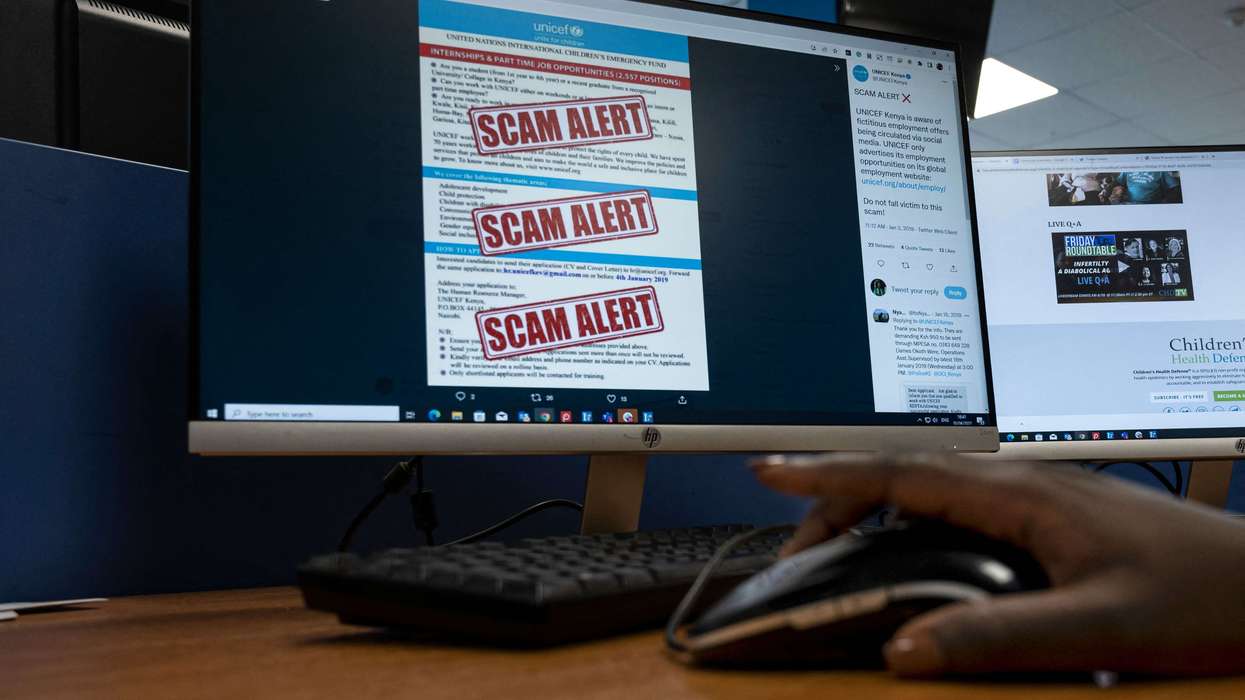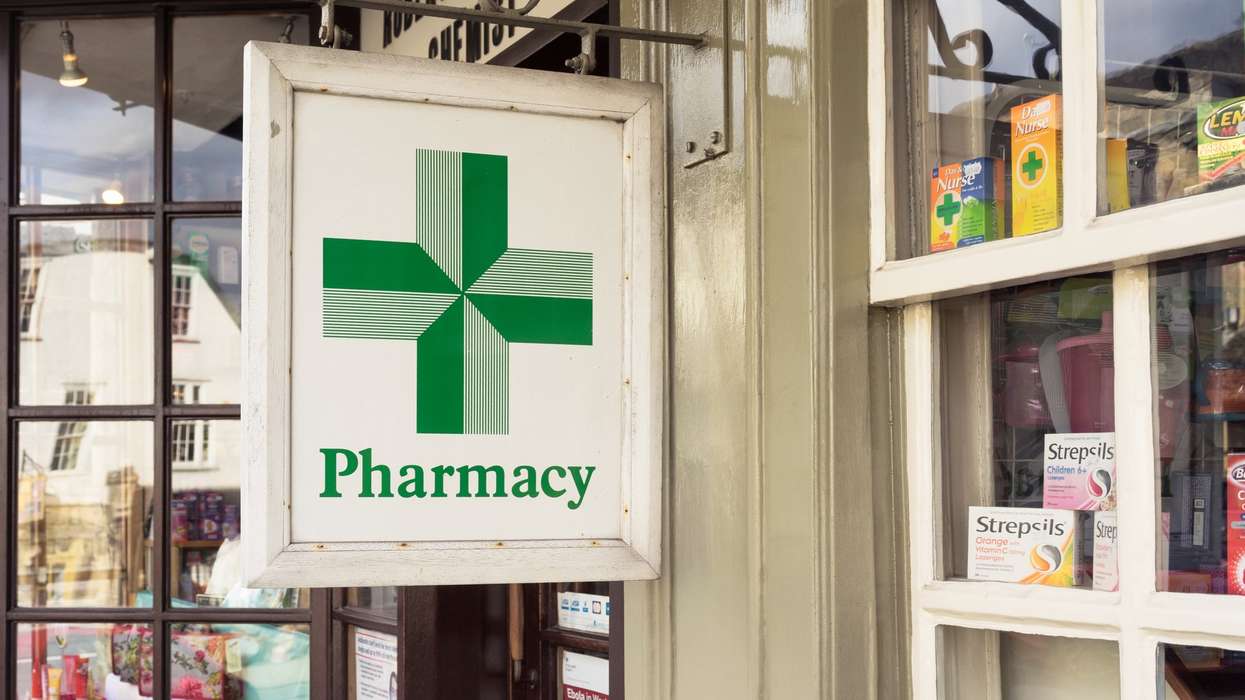Early detection of bowel cancer significantly improves the chances of successful treatment and survival
Bowel cancer is the fourth most common cancer in the UK, with around 42,000 people diagnosed with the disease every year, according to Bowel Research UK.
The Department of Health and Social Care (DHSC) has reported a decline in the number of deaths due to bowel cancer in recent decades, primarily attributed to early detection of the disease.
If diagnosed at the earliest stage, it is estimated that nine out of ten bowel cancer patients survive the disease for five years or longer.
Although most cases of bowel cancer occur in individuals over 50, it can also affect younger people. Therefore, Bowel Research UK encourages everyone to watch out for possible signs and symptoms, as early detection is crucial for effective treatment.
As April is designated as Bowel Cancer Awareness Month, various health organisations and research charities, including the NHS, Cancer Research UK, Bowel Can UK, Bowel Research UK, are using social media platforms to educate the public about the most common bowel cancer symptoms.
Bowel cancer, also known as colorectal cancer, is a type of cancer that can occur anywhere in the large intestine, which includes both the colon and rectum.
Signs and symptoms of bowel cancer can include:
- Blood in your poo or bleeding from your bottom
- Changes in your bowel habits poo (needing to poo more or less often, often feeling like you need to poo, having diarrhoea or constipation)
- Feeling more tired or breathless than usual
- Unexpected weight loss
- Tummy pain or bloating.
It is advisable to speak to your GP if you experience any of these symptoms over three or more weeks.
NHS bowel cancer screening
Under an NHS bowel cancer screening programme, everyone aged 56 to 74 registered with a GP in England is automatically sent a home test kit, called a faecal immunochemical test (FIT), every two years.
With this kit, a small faecal sample is collected and sent to a lab. It is then examined for traces of blood. If the test detects anything unusual, the patient may be advised to undergo additional tests at the hospital to confirm or rule out cancer.
The kit can detect signs of cancer before you notice anything is wrong.
The programme, which started in April 2021, is expanding to make the kit available to everyone aged 50 to 55 years by 2025.
What causes bowel cancer?
As per the NHS, the exact cause of bowel cancer is not always clear, but it can result from genetic changes, lifestyle, and environmental factors.
People with certain health conditions such as inflammatory bowel disease (Crohn's disease and ulcerative colitis), bowel polyps (small growths in your bowel), and Lynch Syndrome or familial adenomatous polyposis may be more likely to get bowel cancer.
Individuals aged over 50, smokers, and those who are overweight are also known to be at higher risk of developing bowel cancer.













